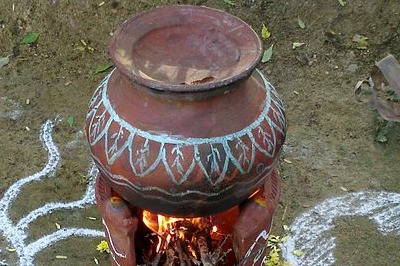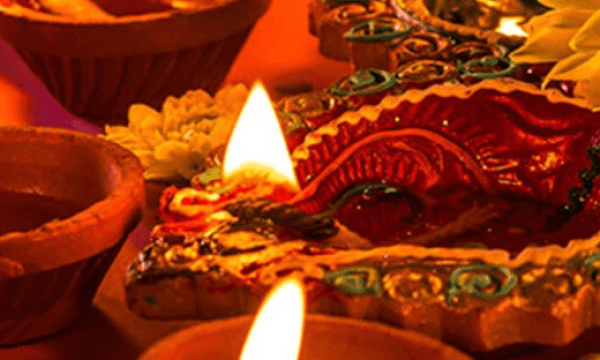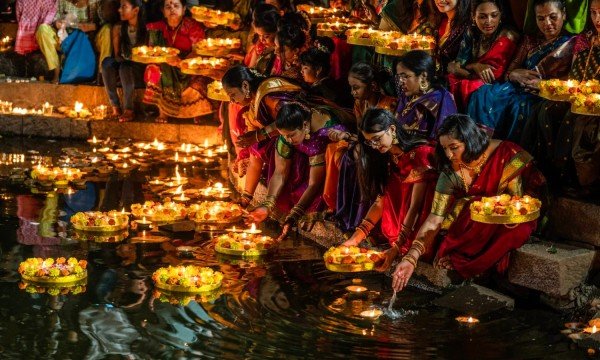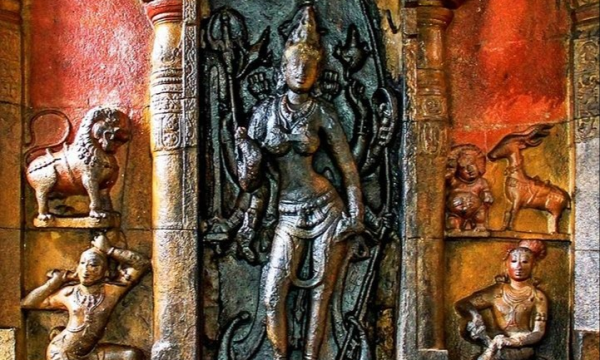
** You will find the sources at the end of this article. **
Today, Pongal is celebrated as a “Tamil Harvest Festival” by Tamils across the globe. However, there is no direct reference to “Pongal” in ancient Tamil literature, referred to as Sangam literature.
Some scholars believe that Pongal is associated with an ancient festival known as “Thai Niradal,” where young girls fasted and prayed for rain and prosperity of the lands from Dec- Jan. They ended their fasting on Thai un (what we know today as Pongal day). This may be to pray that the harvest season goes well. The fasting of the girls has also been associated with marrying good husbands. This is not surprising as ancient Tamils are a fertility-oriented society, similar to other indigenous societies around the world. As fertility has always been associated with women, we can see how the fertility of the land is linked with Tamil women.
Thai (January) has always been special for Tamils. Although there’s no reference to Pongal in ancient Tamil literature, there is an abundance of references to the auspiciousness of Thai for obvious reasons: after months of hard work in the fields, the community is ready to enjoy the seeds of their hard work.
There have also been festivals around agriculture. The ancient text Purananooru (text 22) highlights that there were festivities surrounding different stages of agriculture. There’s a reference to making “pulukal” during these festivities, which scholars say is a dish similar to what we know as the dish pongal today. So, pulukal may have changed to pongal over time.
There’s also recorded evidence that during the ruling of Cholas, there was a festival called “puthiedu” of boiling rice and celebrating the harvest season. There are also references to Chola kings granting land during this time.
It’s really in the 9th-century ancient Tamil literature, Civaka Cintamani, that we see direct references to the term “Pongal.”
Today, out of the 4-day Pongal festivities, one of them is dedicated to cattle (referred to as Mattu Pongal). There is an ancient Tamil sport (eru thazhuvuthal - embracing the bull) associated with this day. Unlike the general Pongal festivities, this sports tradition has hardly changed from what is described in 2,000-year-old Tamil literature.
In the 20th century, Tamil movements successfully advocated for this festival to be one that embraces many indigenous Tamil practices: agriculture, jallikattu, food celebration, gathering of families, etc. Hence, why Pongal is also referred to as “Tamilar Thirunal”(festival of the Tamils).
Pongal is the perfect example of how Tamils have preserved our traditions, while also evolving to historical changes. As January is declared Tamil Heritage Month in certain countries, take the time to reflect and learn about Tamil identity and history!
SOURCES: பண்பாட்டு அசைவுகள் - தொ பரமசிவன்; தமிழா் நாகரிகமும் பண்பாடும் - முனைவா் அ.தட்சணாமூர்த்தி; தைப்பொங்கல் வரலாறு by பொன்னையா விவேகானந்தன்.
Photo credits: Wikipedia
To learn more about ancient Tamil customs and practices follow @whatthepottu: https://www.instagram.com/whatthepottu/?hl=en

























